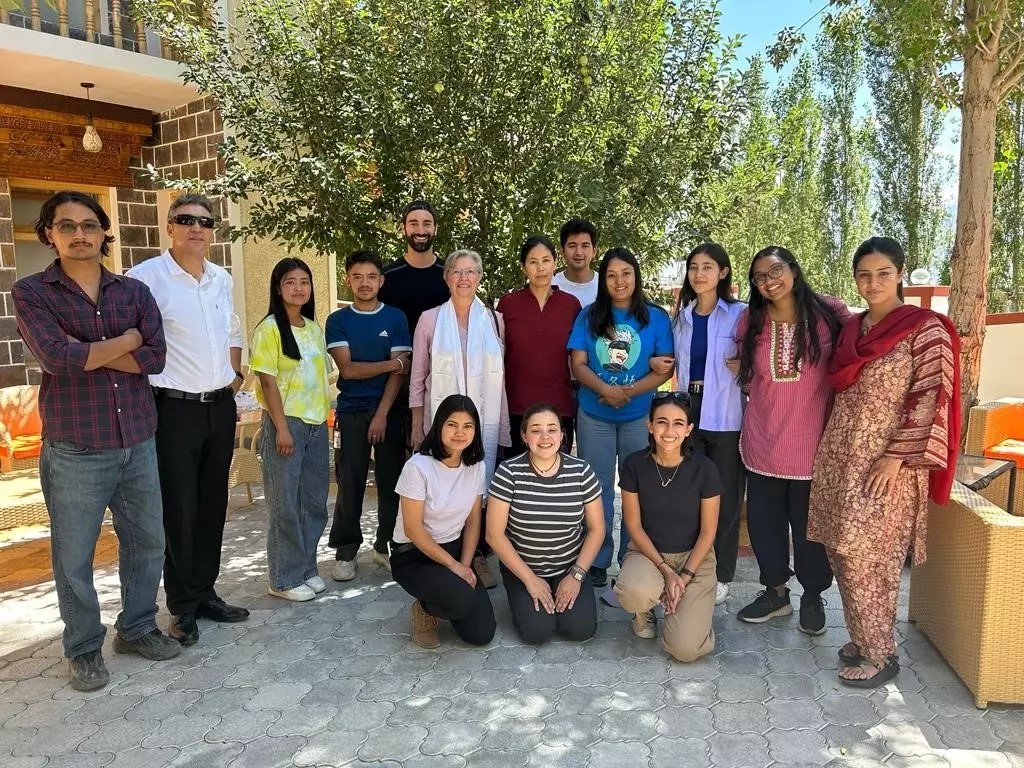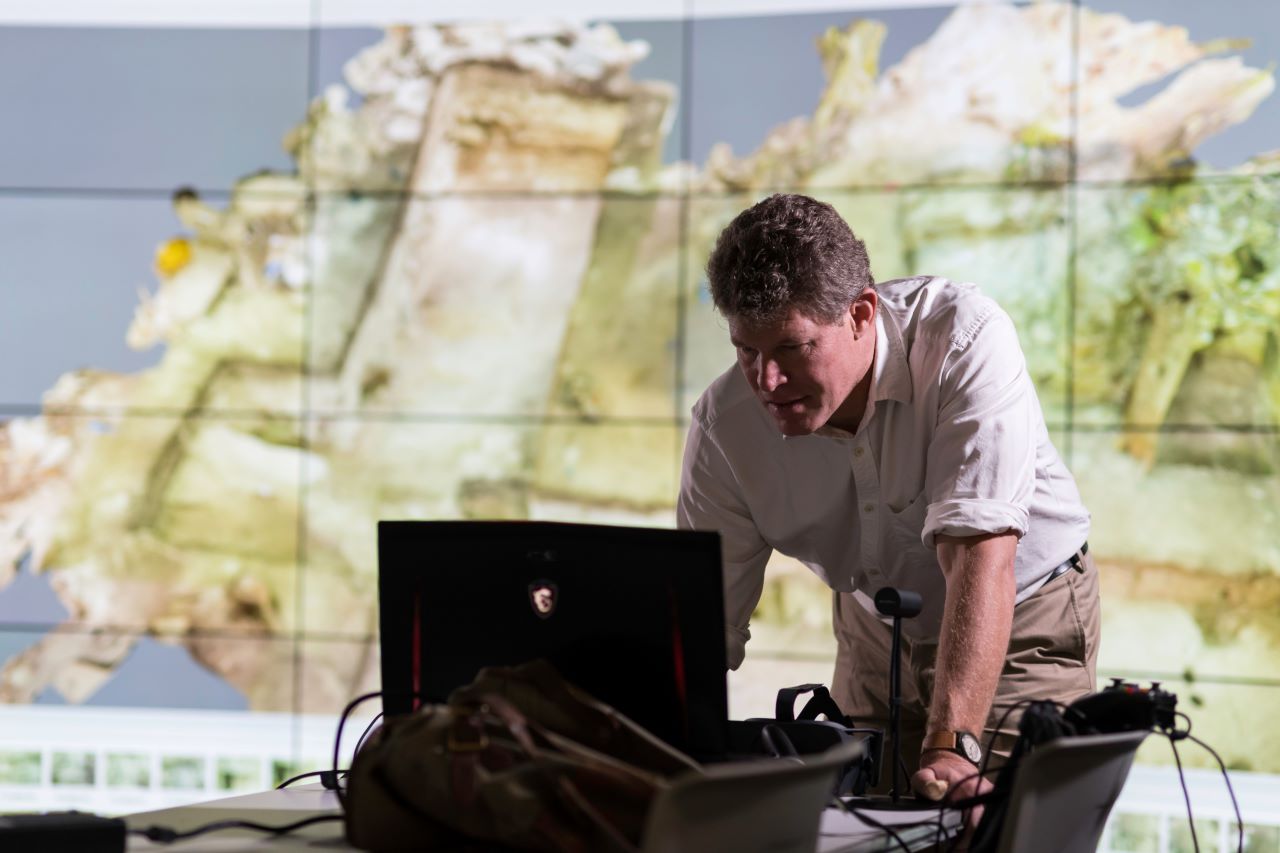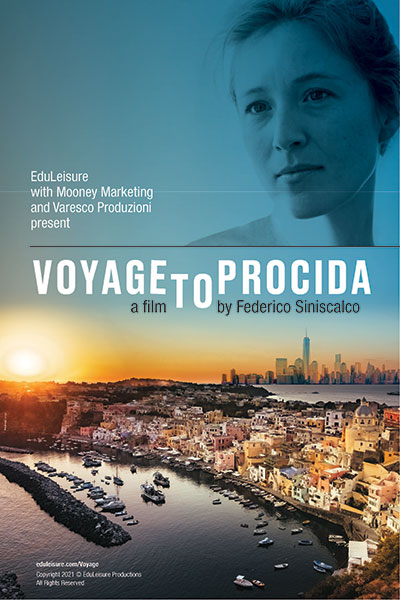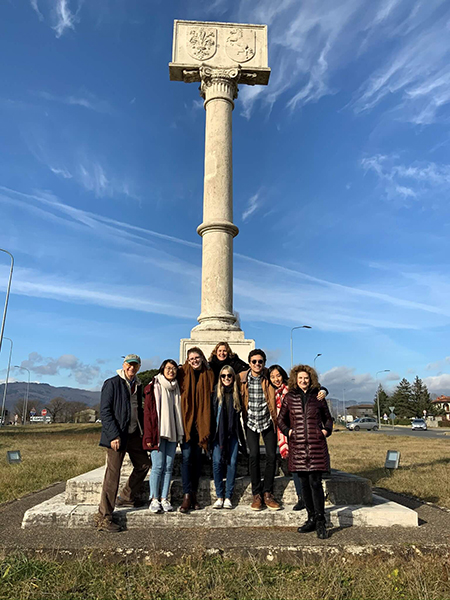Create a highly impactful learning experience

For Faculty
Faculty members can lead or organize a study abroad program. From short-term to semester-long, these programs are a great way to connect with your students and contribute to the globalization efforts at the University.
Why lead or organize an education abroad program?
Enhance your own teaching, research, and service
Connect with your students in a more meaningful way
Add an experiential learning objective to your course
Explore program development resources
Types of faculty-led programs
Understand what styles of programs are faculty-led, and explore examples of successful University programs.
Program proposal process
Review a step-by-step process and timeline for creating a study abroad program.
Training and finance resources
Check out a repository of resources to help train and guide your program creation efforts.
Frequently asked questions
Read a list of common questions about the faculty program creation process.
Faculty highlights

The Hidden History of Bermuda Is Reshaping the Way We Think About Colonial America (faculty Michael Jarvis)
12/2024

The Internship Experience: Grace Snyder (Ladakh) student perspective of faculty research program
01/2024

Smith’s Island Archaeology Project Receives $130,000 Grant (faculty Michael Jarvis)
05/2023

Voyage to Procida Film Premier (faculty members Donna Logan and Frederico Siniscalco)
11/2021

Two Million Dollar Gift Endows Professorship In Italian Studies (faculty member Donatella Stocchi-Perucchio)
10/2021

Jarvis Project will create virtual visits to an African slave fort (faculty member Michael Jarvis)
09/2021
Ready to take action?
Submit your program proposal
Propose a partnership
Schedule a consultation
Contact Theodore Pagano with questions
